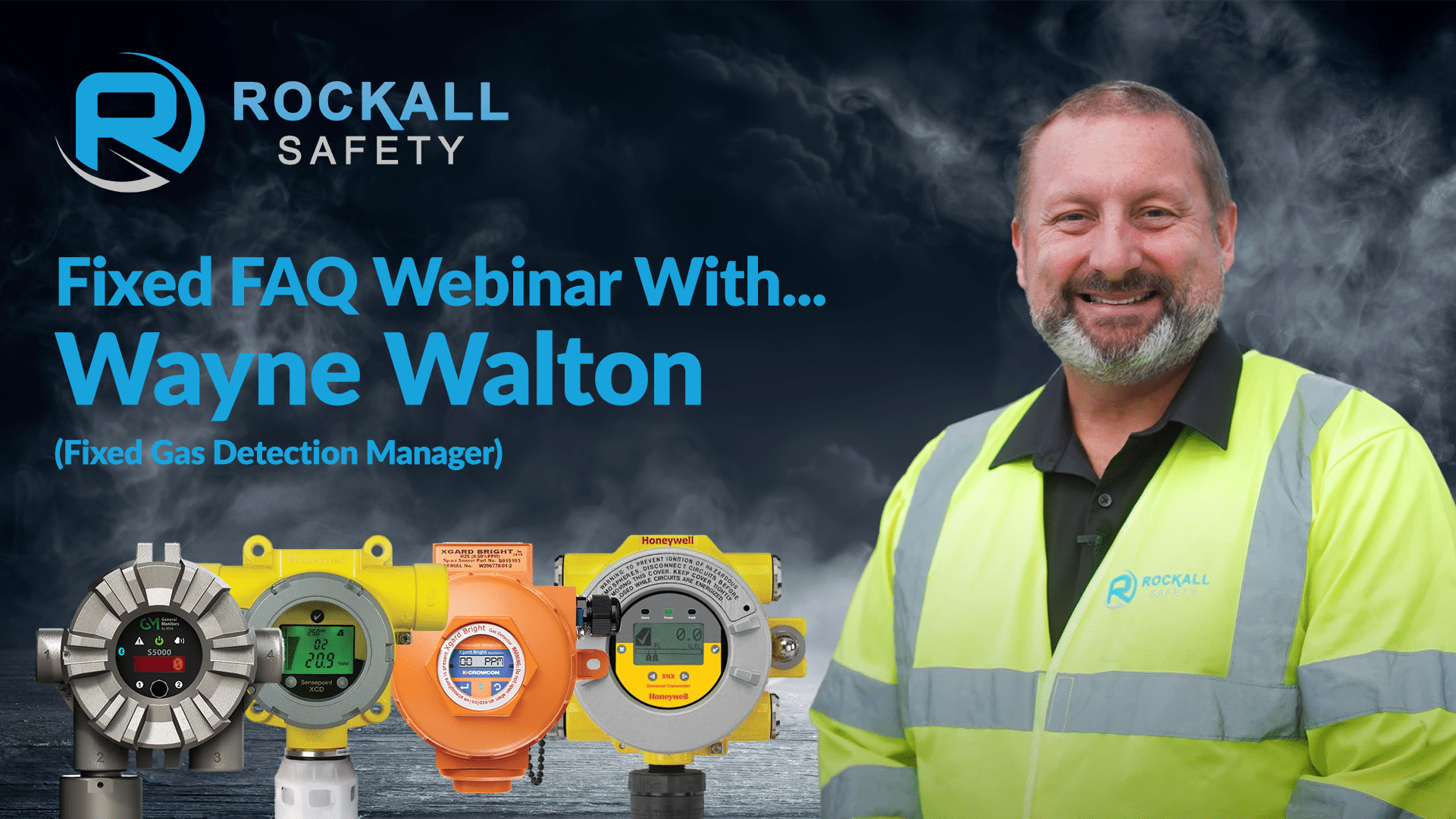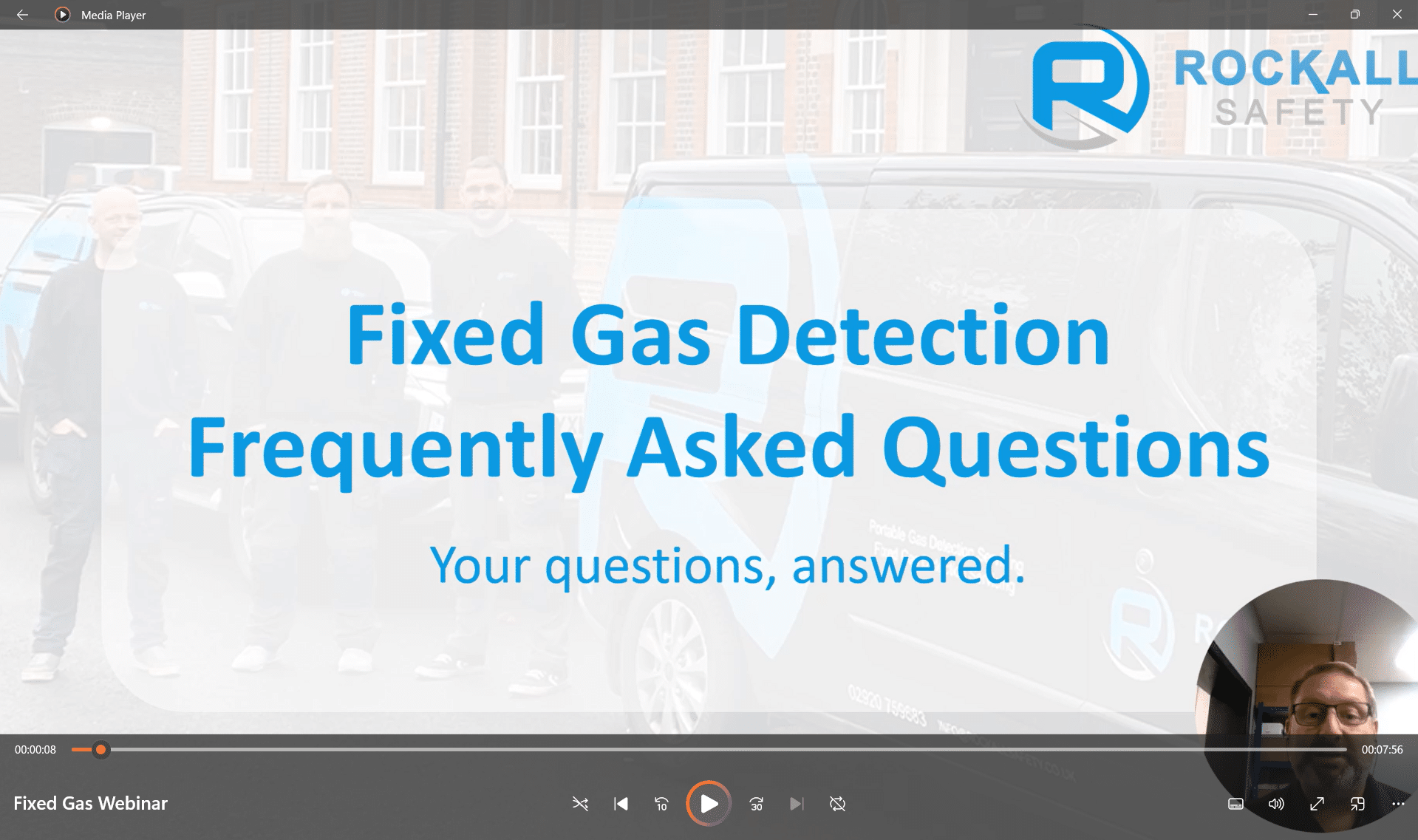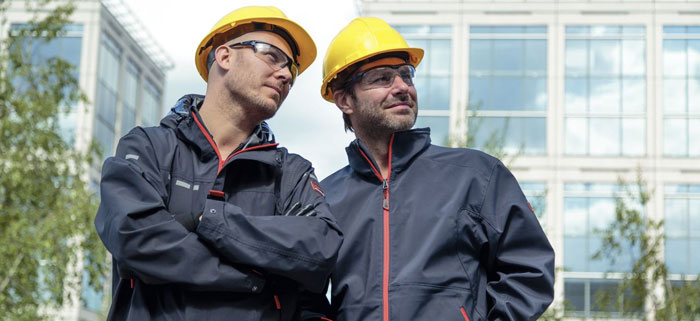
FAQ Webinar with Wayne Walton
We’re excited to announce that Wayne Walton has hosted an insightful FAQ webinar on fixed gas detection, and it’s now freely available to watch!
In this session, Wayne covers the most common questions we receive about fixed gas detection systems, helping you understand the basics and how these systems can protect your workplace.
Key Questions Answered in the Webinar
- What is a Fixed Gas Detection System?
Wayne begins by explaining the fundamentals of fixed gas detection systems. These devices are installed in specific locations to continuously monitor the environment for hazardous gases. Unlike portable units, they provide ongoing protection and are ideal for areas with consistent gas risks.
- What Can Fixed Gas Detection Systems Detect?
Fixed gas detection systems are capable of detecting a wide range of gases, including:- Combustible gases like methane and propane
- Toxic gases such as carbon monoxide (CO) and hydrogen sulfide (H₂S)
- Oxygen levels (both depletion and enrichment)
- VOCs
Wayne goes into detail on how to choose a detector based on the specific gases present in your environment.
- Where Should Fixed Gas Detectors Be Installed?
One of the most critical aspects of a fixed gas detection system is placement. Wayne outlines the best practices for installing detectors, ensuring they cover high-risk areas like confined spaces, near gas storage tanks, or in areas with poor ventilation.
- How Often Should the System Be Calibrated?
Regular calibration is vital to maintain accuracy. Wayne discusses how often calibration should be performed and why it’s necessary to ensure the system’s reliability. The frequency may vary depending on the environment and the type of gases being monitored.
- How Long Do Fixed Gas Detectors Last?
Wayne answers another common question: the lifespan of fixed gas detectors. He explains how factors like the type of sensor, exposure to contaminants, and the frequency of calibration can affect the longevity of these systems.
- What Factors Affect the Accuracy of Fixed Gas Detectors?
Several factors can impact the accuracy of fixed gas detectors, including environmental conditions (temperature, humidity), dust, and the presence of other gases. Wayne offers practical advice on how to minimise these effects and ensure your system remains accurate.
- Choosing the Right Fixed Gas Detector
Not all fixed gas detectors are the same. Wayne walks viewers through the process of selecting the appropriate detector for their specific needs, considering factors like the type of gases, location, and industry regulations.
Wayne Walton’s webinar is an excellent resource for anyone seeking clarity on fixed gas detection systems. Whether you’re looking to install a new system or optimise your current setup, Wayne’s expert advice provides valuable insights into maintaining safety in hazardous environments.
For further information and questions around fixed gas detection, visit: Frequently Asked Questions | FAQs – Rockall Safety
Watch Today!






